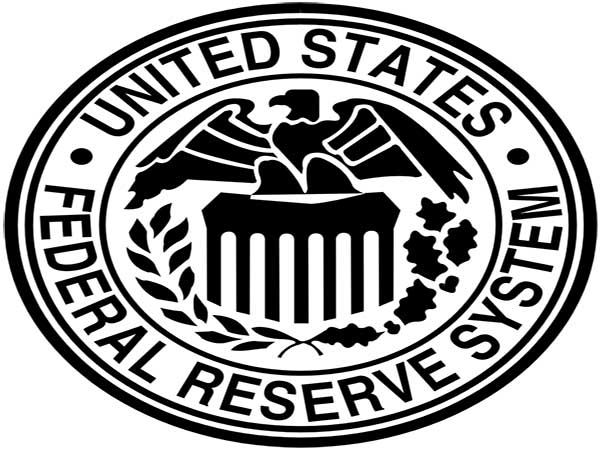
U.S. Fed officials see some time before tapering asset purchases: minutes
Apr 08, 2021
Washington (US), April 8: U.S. Federal Reserve officials last month indicated that it would take some time before the Fed starts tapering its asset purchases, according to the minutes of the Fed's recent policy meeting released Wednesday.
"The Federal Reserve's asset purchases since last March had materially eased financial conditions and were providing substantial support to the economy," the Fed said in the minutes of its March 16-17 meeting.
"Participants noted that it would likely be some time until substantial further progress toward the Committee's maximum-employment and price-stability goals would be realized ... asset purchases would continue at least at the current pace until then," the minutes said, referring to the Fed's policy-making committee.
The Fed last month decided to continue its asset purchase program at least at the current pace of 120 billion U.S. dollars per month, while expecting to keep its benchmark interest rate at the record-low level of near zero at least through 2023.
Chicago Federal Reserve Bank President Charles Evans also said on Wednesday that monetary policy will have to "remain accommodative for some time" to ensure that the central bank meets its policy goals.
"We have a long way to go before we return to the pre-pandemic levels of economic activity and achieve our average 2 percent inflation goal," he said.
Fed officials also discussed the notable rise in longer-term U.S. Treasury yields at the recent policy meeting, viewing it as "reflecting the improved economic outlook, some firming in inflation expectations, and expectations for increased Treasury debt issuance."
"Disorderly conditions in Treasury markets or a persistent rise in yields that could jeopardize progress toward the Committee's goals were seen as cause for concern," the minutes said.
A couple of Fed officials also expressed concern that highly accommodative financial conditions could lead to "excessive risk-taking and the buildup of financial imbalances," according to the minutes.
Source: Xinhua






